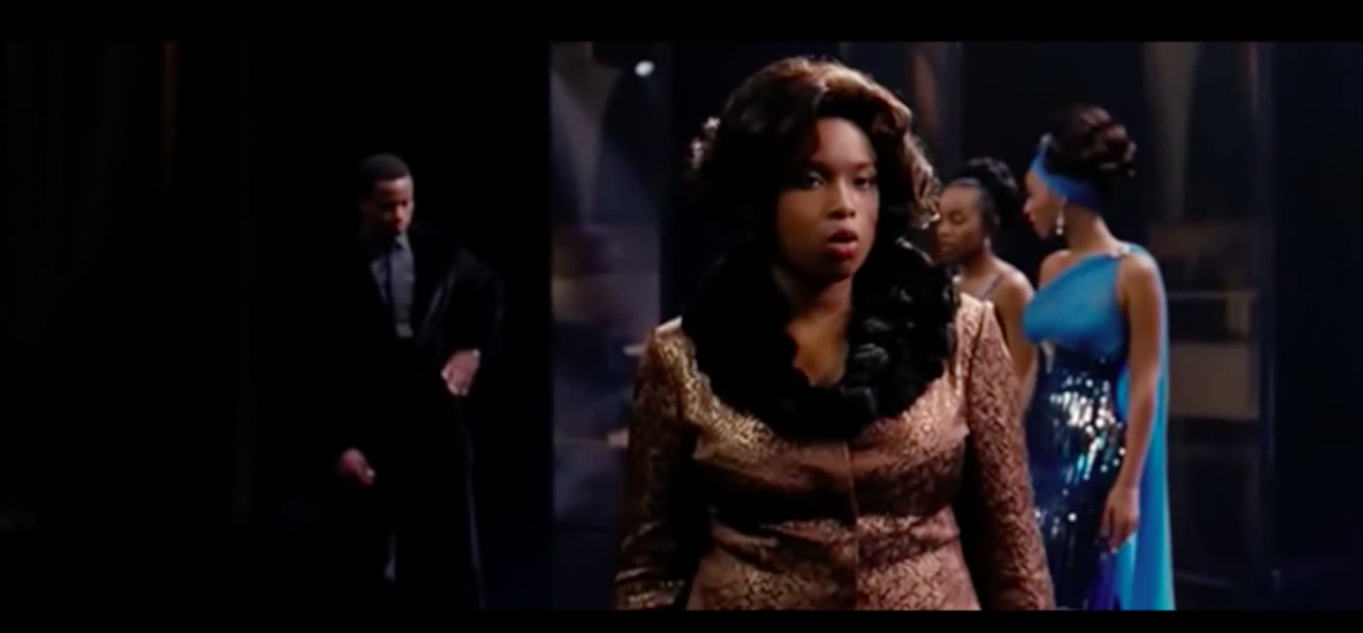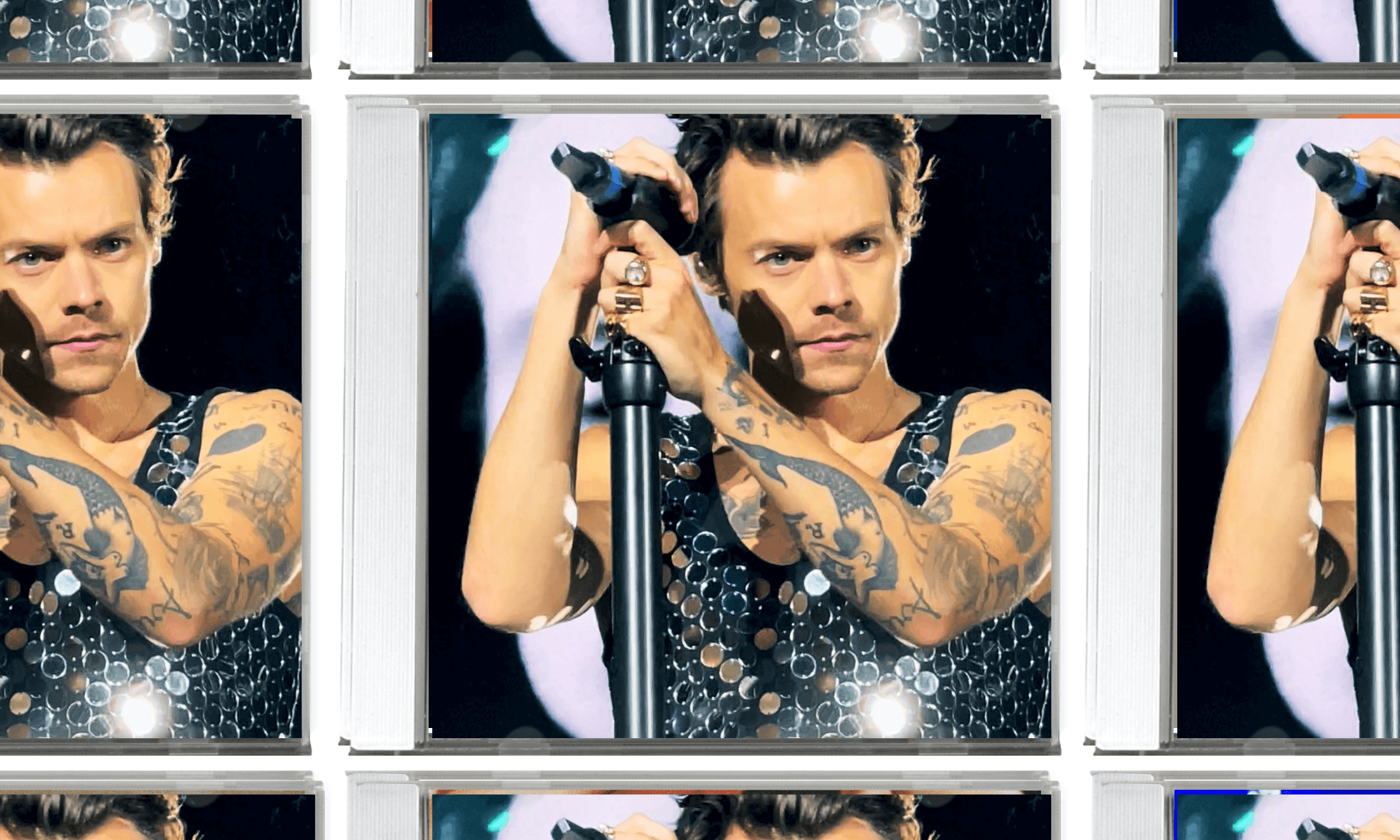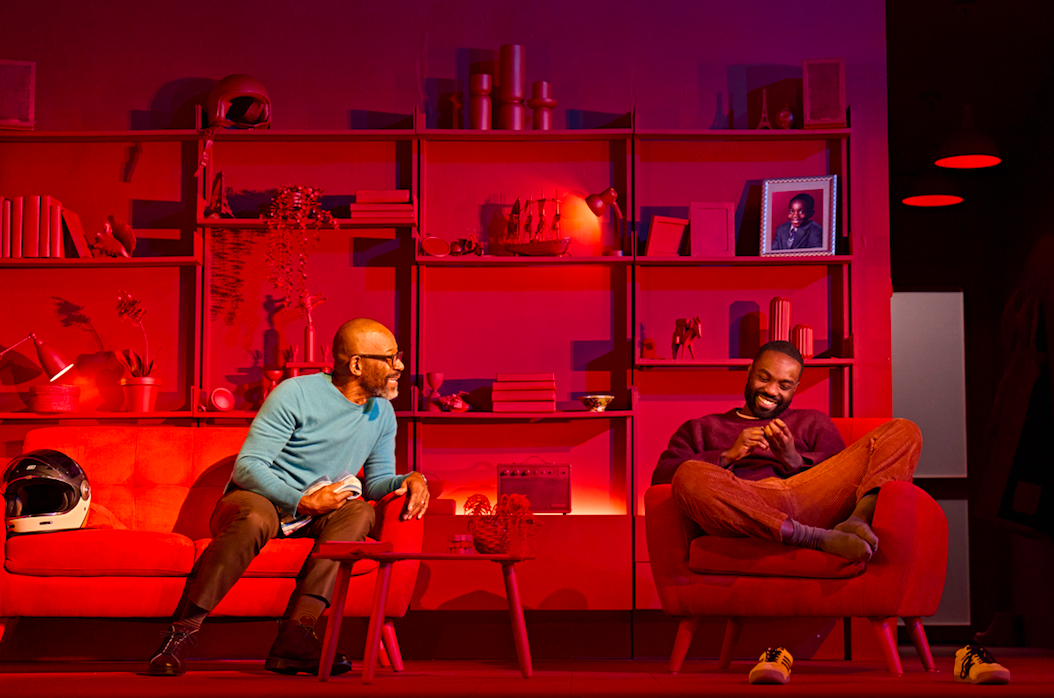
Dreamgirls will never leave you: a rare chance for identification in the theatre
Grace Barber-Plentie
06 Apr 2016
It’s an exciting time for the musical theatre and Glee fans of London – tickets are on sale for the Amber Riley-starring London version of Dreamgirls. As is the case every time a new play or musical opens with a non-white cast, (just get me tickets for Les Blancs and The Maids already!) I’m filled with an uncharacteristic sense of joy and am already plotting how to get my tickets. But it turns out Dreamgirls means a little more to me than any of these other plays and musicals do, a fact that only occurred to me very recently.
I’ve always stood out. In my older years, this has been a good thing – I actively choose to stand out from the crowd by everything from my manner of dress, my hair, to the fact that I do. Not. Ever. Shut. Up. But as a pre-teen, particularly a fat, non-white pre-teen, I didn’t really have the luxury of choosing to stand out; there was simply nobody else like me around. And despite bewilderingly managing to find a few non-white friends in Lewes aka the whitest town on earth, I was still very much the token black girl in my group of friends. I didn’t think much about race as a child, and this kind of isolation is something that I’ve only begun to think about in my older and vaguely wiser years.
I guess the first time race did gradually creep into my life was with the release of Bill Condon’s Dreamgirls in 2006. I was at the luxurious age where I was now allowed to go on the few social trips available to a youth in Brighton, such as going ‘into town’ aka the local shopping centre, going swimming, eating chips or going to the cinema – unchaperoned. So I took a trip to the cinema with a few of my friends from my old primary school to see Dreamgirls. On the walk to the cinema, I distinctly remember uttering to them “Oh, you guys will probably find it really boring, it’s only about black people”. I can’t remember their reply but can only presume it must have been full of assurances that oh no, they’d love it! I have no idea of their reactions, but all I remember is that I loved it.
I’ve always loved musicals, so the music was more than enough to hook me in. But it was also my introduction to so many brilliant black performers, plus, you know, Beyoncé is in it. I went to see it the next week with my friends from my secondary school, and this time, rather than focusing on the spectacle of the film, I focused on its narrative, and found myself moved to tears. I’m sure it can’t have been the first, but it’s one of the earliest memories I have of being moved to tears by a film.
At the time, I think I just really liked Effie’s dedication of The Dreams’ final performance to her daughter, but I like to think that there was something else that really moved me about the film. Because reminiscing, a film like Dreamgirls was very important to the non-white, fat pre-teen I was back then. Effie White is, after all, everything that I am now – she’s curvy, she’s black, and she’s not ashamed of this. I’m happy that I had a film like Dreamgirls and a character like her to look up to when I was younger.
Dreamgirls is obviously not a perfect film, especially when it comes to talking about Effie’s weight, (for a musical that is a) perfect and b) talks about weight in a great way, please see the magnificent 2007 adaptation of Hairspray which I will not hear a word against) but the sheer act of having a curvy black female character in a play that actually has something to do is pretty big in itself. While I was absolutely captivated by the performances and music in the recent National Theatre performance of Ma Rainey’s Black Bottom, I’m still smarting from the fact that Sharon D. Clarke’s Ma Rainey barely featured, and when she did, she was nothing more than a spoilt diva. Plus it helps that Jennifer Hudson is an absolute knockout in the role. I mean, the way she delivers that performance of ‘And I Am Telling You…’
I think the most important reason why I’m thrilled by Dreamgirls coming to the stage in the winter is my dedication to musicals, both on stage and screen. In my first year of university, when I had no deadlines (sweet, sweet memories…) I’d stay up late into the night watching old musicals. From Singin’ in the Rain to Funny Girl to the musicals of Jacques Demy, I watched a bunch, and was hooked. As well as this, for the past few years, my cousins and I have gone to see a musical every year as a present from our Nan.
In the past three years, we’ve seen The Bodyguard, (or, as I’m now calling it, the poor man’s Beyond The Lights) Miss Saigon and Bend it Like Beckham, which is of course good because yay for diversity and female lead roles. But I couldn’t help but feel a pang when I saw “classic” musicals like Funny Girl, a musical that’s been on for aeons and, quite frankly is redundant because a) the second act is rubbish and b) nobody could ever top Barbara, transferring to the West End. When am I getting my West End Carmen Jones? Where’s Cabin in the Sky or Stormy Weather? God, if times are really desperate and they want to pander to some good old Uncle Tom and Tragic Mulatto stereotypes, can’t we at least have Porgy and Bess? Dreamgirls will fill this gap. It’s not quite Lena Horne, and let’s face it, it’s very palatable to a white audience, but it’s still an undeniably black musical, with a star who is undeniably a curvy black woman. So, if you need me for the next few months, I’ll be practicing the words to “And I Am Telling You…”









